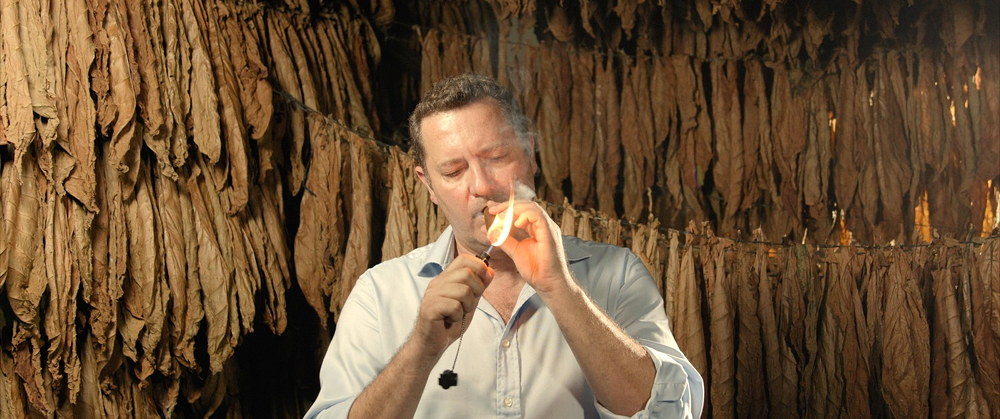
Claudio Sgroi defeats humidity: new cigar factory is built
Claudio Sgroi is heading up a fascinating new project in Masaya, Nicaragua. Despite the challenges of the hot and humid climate, the factory already has big orders on the horizon. I spoke with him. In this interview, learn more about Sgroi's involvement, the exodus of cigar rollers and the future of tobacco farming in the region, and what impact WHO is having on tobacco farmers.
Expected Reading Time: 0 Minutes
Table of contents
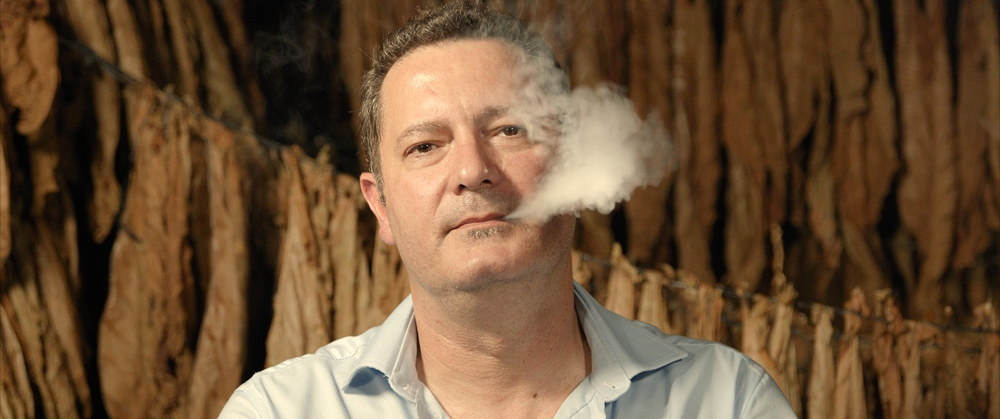
Claudio Sgroi in conversation with Cigars.Zone
The interview
What project are you currently leading in Masaya (near Granada, Nicaragua)?
In Masaya, I am responsible for opening a new cigar factory. This includes organizing all the quality control, testing the raw material and starting production. It's a small factory, but we expect it to grow quickly. The factory already has some big orders and we need more than 50 people working there in the next few months.
What can you tell us about it in detail? Does it have anything to do with MBF Cigars?
It has nothing to do with MBF. I left Favilli at the beginning of March 2021 and have not been in contact since.

He began his career in 2001 in the Dominican Republic, alongside Hendrik Kelner, Davidoff's Master Blender.
It is said that the region is too hot and humid to make cigars. That's why there aren't many cigar rollers. Is that true?
Yes, that's right. It's hot and humid, and it's a bit far from the tobacco region where all the factories are. But with the knowledge I have about the area, it's not a problem to start production there. It's a matter of getting the factory into a climate-controlled space, and that's what we did. So that the external factors like rain, outside temperature, etc. don't have any influence.
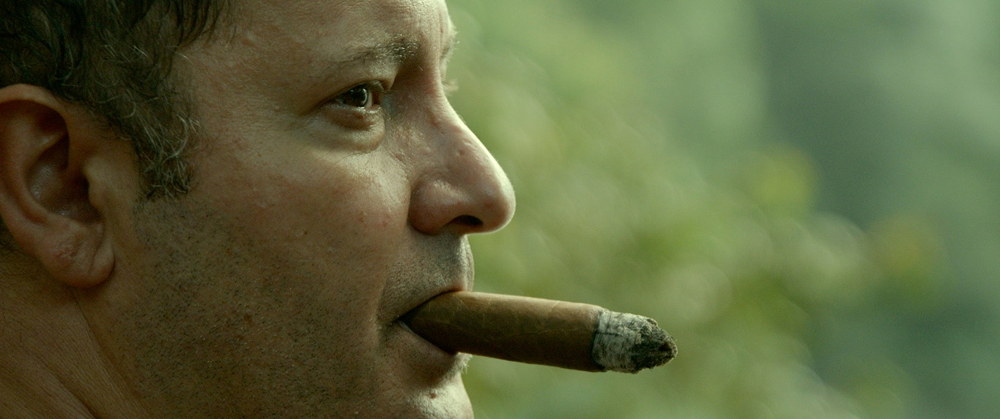
In 2011, he joined Mombacho Cigars as a consultant, where he designed and implemented new vitolas, successful blends, an effective quality assurance system, and a complete redimensioning of warehousing and logistics.
From which region does the tobacco for Masaya come?
The tobaccos we use come from Condega and Jalapa, two regions in Nicaragua, but also from Ecuador and Cameroon.
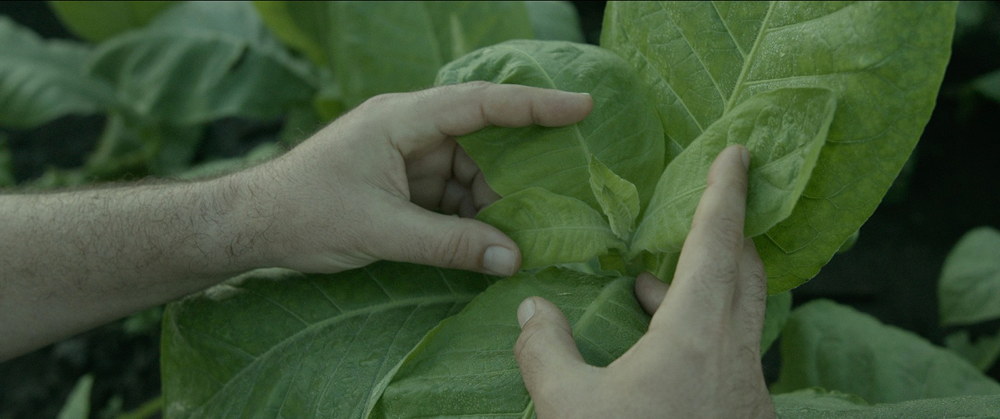
He oversaw the renovation of Casa Favilli, a historic monument in Granada that now serves as a Mombacho cigar factory.
Is the migration of cigar rollers from Nicaragua to the U.S. still so dramatically high?
Yes, it is still a real problem. More than 200,000 Nicaraguans emigrated from Nicaragua last year, which is a real problem for manufacturers, labor is scarce and it is very difficult to find people.
They say that emigration is related to wages that are too low. How do you plan to solve this project in Masaya?
The problem has not only to do with wages, but with the economic situation of the country. Wages in the cigar industry are high enough to allow every worker to live a decent life, and minimum wages are even higher than in other industries.
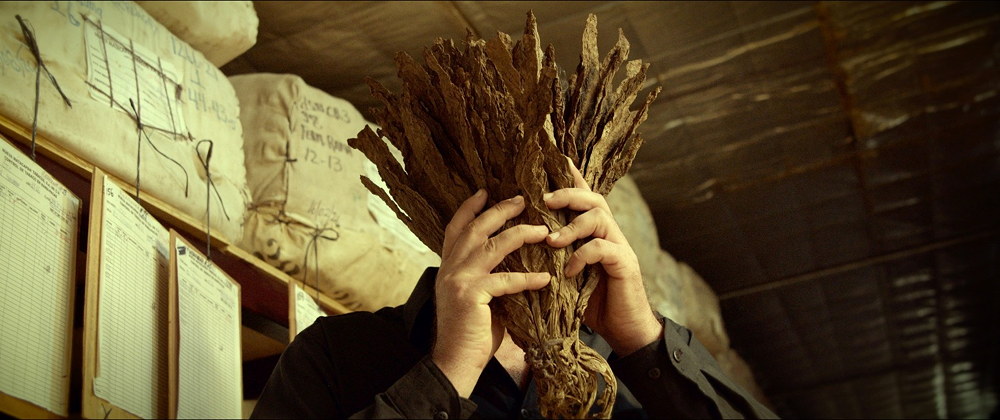
Claudio Sgroi is a renowned Master Blender with twenty years of experience in the tobacco industry and cigar making.
Has the climate for tobacco growing changed in the last 20, 30 years? I mean, is there more or less rain and has the harvest time shifted in the months?
We can see the changes, and sometimes it is very difficult to predict them. One example is the rainy season, which year after year ends later than in the past, causing all growers to adjust the seasonal calendar for tobacco cultivation with some risk.
WHO is calling on governments to stop subsidizing tobacco farming. Tobacco farmers should then grow food instead of tobacco. I didn't know that governments subsidized tobacco farming. Is that even true? And will tobacco farmers in Nicaragua and Honduras stop and grow food?
This is a problem for countries that grow a lot of tobacco for the cigarette industry. The WHO is urging governments to replace tobacco with other products, which is especially a problem for countries in Africa and the Far East. Countries growing tobacco for cigars in Central America and the Caribbean are not yet affected. By the way, tobacco cultivation in Nicaragua is not subsidized by the government.
Thank you very much for the interview, dear Claudio. What advice do you have for us cigar connoisseurs?
Staying open to new cigars, new cigar makers and continuing to develop your own palate is how you become more educated and knowledgeable.
About Claudio Sgroi
Claudio Sgroi is a renowned Master Blender with twenty years of experience in the tobacco industry and cigar making. He began his career in 2001 in the Dominican Republic, alongside Hendrik Kelner, Davidoff's Master Blender. He has had increasingly important assignments in the Dominican Republic, Switzerland, Italy, Nicaragua, and the United States, where he acquired an extensive knowledge of the industry and processes, including agronomic processes, blending, cigar production, marketing, and international sales.
In 2011, he joined Mombacho Cigars as a consultant, where he designed and implemented new vitolas, successful blends, an effective quality assurance system, and a complete redimensioning of warehousing and logistics. He created a distribution and sales network that covered more than twelve countries and developed productive relationships with the best tobacco growers in Nicaragua. He led the renovation of Casa Favilli, a historic monument in Granada that now serves as the Mombacho cigar factory.
In January 2020, he was elected president of the Nicaragua Tobacco Chamber (CNT), which has 26 members representing 95 % of cigars and tobacco exported from Nicaragua.
Resources on the topic
MBF Cigars: Articles at Cigars.Zone
Claudio Sgroi starts consulting firm (article at Zigarren.Zone)
Claudio Sgroi search on Google
I hope you enjoyed my latest article and found the information it contained interesting. I am very excited to hear your views and look forward to reading your comment 🤗

Responses